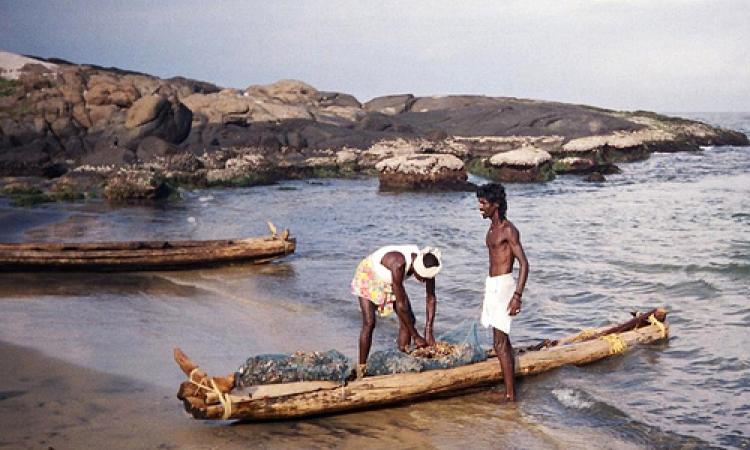
Fund approved to boost climate resilience among coastal communities
The Green Climate Fund (GCF) has allocated $43.4 million to enhance climate resilience among people living in coastal communities in Andhra Pradesh, Maharashtra and Odisha. The GCF is supported by the United Nations as part of its efforts to combat the extreme impacts of climate change. Not just India, the grant will be providing support to 19 developing countries for tackling climate change. Apart from enhancing resilience and adaptability, the new project will also help reduce emissions and support local communities in their livelihood support. The project is expected to benefit over 1.7 million people directly and another 10 million indirectly.
Maharashtra all set to promote low-cost water conservation techniques
In the wake of a severe drought situation in the state, the Maharashtra government has allocated Rs 1,000 crore to revive 40,000 water structures which include old KT weirs, farm ponds, cement nulla bunds, irrigation wells and river canals. The aim is to increase the water storage capacity in the state and also to create jobs under MGNREGA. As per the scheme, the cost of reviving a water structure would be borne by both the state government and the concerned gram panchayat in a 50:50 ratio.
Water conservation Act by Punjab, Haryana leads to stubble burning menace
In a bid to save water, the government of Punjab and Haryana enforced the Punjab\Haryana Preservation of Sub-Soil Water Act, 2009. The Act prohibits farmers from sowing paddy before notified dates resulting in a very short window, just two to three weeks, for preparing the farms for the next sowing operation. Earlier, the farmers used to get nearly 40-45 days of post-harvest time. The strict implementation of the groundwater legislation led to farmers resorting to stubble burning in big numbers as the alternative straw management practices are expensive. However, in order to promote in-situ management of paddy straw, the Centre has approved over Rs 1,151 crore for Punjab, Haryana, Uttar Pradesh and Delhi for two years from 2018-20.
Maharashtra forms panel to review messages received for the proposed groundwater Act
The Maharashtra government has constituted an expert committee to review the 4,100 suggestions and objections received from the public for the proposed Maharashtra Groundwater (Development and Management) Act. The committee is headed by I.I. Shah, additional director, Groundwater Survey and Development Agency (GSDA). Post the implementation of the Act, Maharashtra will become the first state in the country to have adopted stringent measures against misuse of groundwater along with monitoring of the groundwater quality, fix permissible depth for borewells and introduce mandatory registration for these wells.
Haryana agrees to sign MoU for Kishua and Renuka dams
The Haryana government has approved the signing of a memorandum of understanding (MoU) for Kishua and Renuka dams on the Tons and Giri rivers respectively. The Kishua dam would have a storage capacity of 1.04 MAF and is a joint venture of Uttarakhand and Himachal Pradesh. The dam will lead to the submergence of nearly 2,950 hectares of land in Uttarakhand and Himachal Pradesh. The Renuka dam will have a storage capacity of 0.404 MAF and envisages generation of 40 MW of power. Despite the earlier claims of allocating the entire release from Renuka dam to Delhi, it has now been clarified that only the additional water available in the dam would be provided to the capital.
This is a roundup of important policy matters from October 16 - 22, 2018. Also, read news this week.